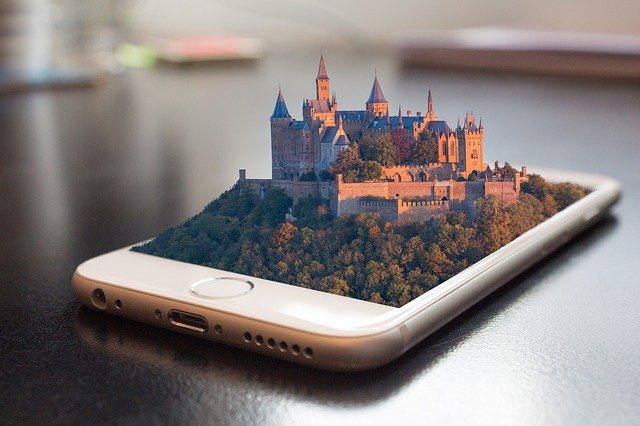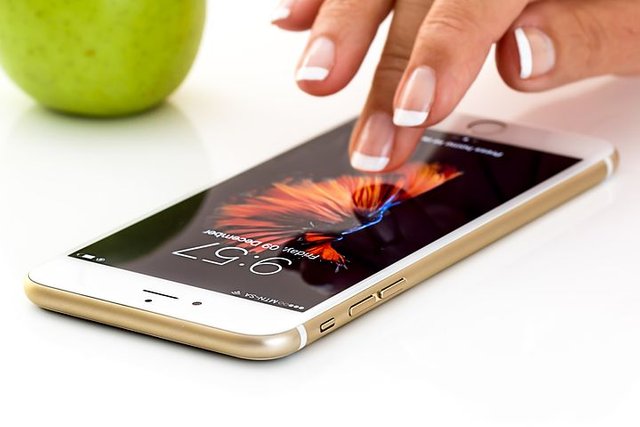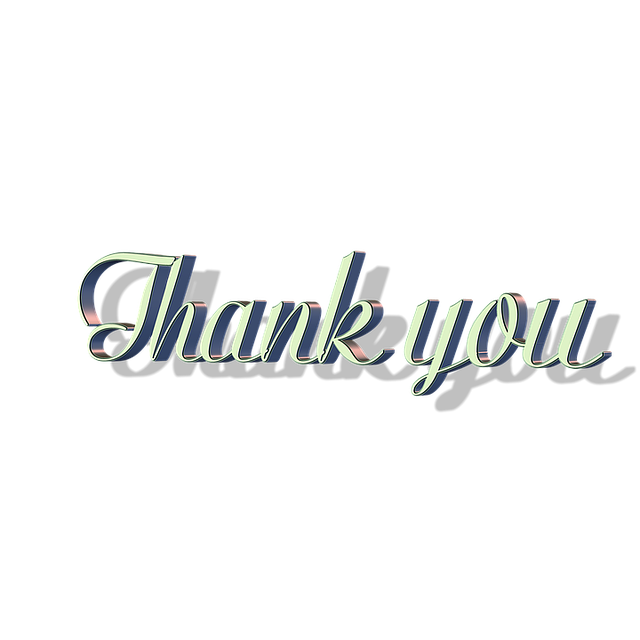Mobile phone can harm your eyes?
Hi friends,
Let's start
Today we are going to talk about how our phone's display can harm your eyes.phones are good and make our life easy but if you use the phone at night cause blindness.

Blue Light Is Crucial in the Daytime... In any case, a Disaster at Night
Our bodies have an inside "clock" that is arranged in the mind.
This clock controls our circadian cadence, the 24-hour natural cycle that impacts numerous inner capacities.
Above all, it decides when our bodies are prepared to remain conscious and be painful, and when we feel tired and need to rest.
How Blocking Blue Light at Night Can Transform Your Sleep
Sleep is highly underrated.
It is one of the "pillars" of optimal health... just as important as diet and exercise.
Poor sleep is linked to heart disease, type 2 diabetes, and depression. It is also one of the strong, est risk factors for obesity.

The problem is that humans are sleeping much less than they did in the past.
But that's not the end of it, unfortunately... the quality of our sleep has suffered as well.
It turns out that perhaps the single biggest contributor to our collective sleep problems is the use of artificial lighting and electronics at night.
These devices emit light of a blue wavelength, which tricks our brains into thinking that it is daytime.
Numerous studies suggest that blue light in the evening disrupts the brain's natural sleep-wake cycles, which are crucial for the optimal function of the body.
Fortune the later, this problem has a simple solution and there are a few actionable steps you can take to get rid of that blue light in the evening, potentially improving your health at the same time.
Let me explain how that works...
Blue Light Is Crucial in the Daytime... But a Disaster at Night
Our bodies have an internal "clock" that is situated in the brain.
This clock regulates our circadian rhythm, the 24-hour biological cycle that influences many internal functions.
Most importantly, it determines when our bodies are primed to stay awake and be productive, and when we feel tired and want to go to sleep.
The circadian rhythm isn't 100% accurate. Sometimes it is a bit longer than 24 hours, sometimes a bit shorter.
For this reason, it needs signals from the external environment in order to adjust itself. The most important signals that adjust this internal clock are daylight and darkness.
This actually makes perfect sense... throughout evolution, brightness meant that it was daytime and that we should be awake and get stuff done, while darkness meant that it was time to sleep and recover.
But not all light is equal, it is primarily light of a blue wavelength (blue light) that stimulates sensors in the eye to send signals to the brain's internal clock.
Keep in mind that sunlight and white light contain a mixture of various wavelengths. There is a lot of blue light within.

Getting blue light (especially within.n) in the daytime is very important. It helps us to stay alert while improving performance and mood.
Tre has even been some success mood.e light therapy devices to treat depression, and blue light bulbs in an office can reduce fatigue and improve the mood, performance, and sleep of workers.
But even though the blue, light is incredibly beneficial during the day, it can be a complete disaster if we are exposed to it in the evening.
The problem is that modern light bulbs and electronic devices (especially computer monitors), also produce large amounts of blue light and "trick" our brains into thinking that it is daytime.
When it gets dark in the evening, a part of the brain called the pineal gland secretes the hormone melatonin, which signals to our bodies and brains that it is time to get tired and go to sleep.
Blue light, whether from the sun or a laptop, is very effective at inhibiting melatonin production.
This means that our bodies don't get the proper signal that it's time to go to sleep, reducing both the quantity and quality of our sleep.
Studies have linked melatonin suppression in the evening to various health problems, including metabolic syndrome, obesity, and cancer, as well as mental disorders li, depression.
Many have speculated that melatonin-disrupting blue light may be one of the key drivers behind obesity and many of the chronic diseases that are so common today.
However... indoor lighting and electronic devices are a major part of the modern lifestyle and they aren't going away anytime soon.
Fortunately, there is a simple way to block blue light from entering your eyes and disrupting the natural sleep-wake cycle.
BOTTOM LINE:
Blue light in the evening tricks the brain into thinking that it is daytime, which inhibits the production of melatonin and reduces both the quantity and quality of sleep.
Using Blue-Blocking Glasses at Night Is a Simple Way to Solve This Problem
The easiest and most effective way to avoid blue light in the evening is to use amber-colored glasses.
These issues effectively block all blue light, so your brain doesn't get the signal that it is supposed to stay awake.

Thank you for watching.
If it is helpful to you.
then follow us.😊